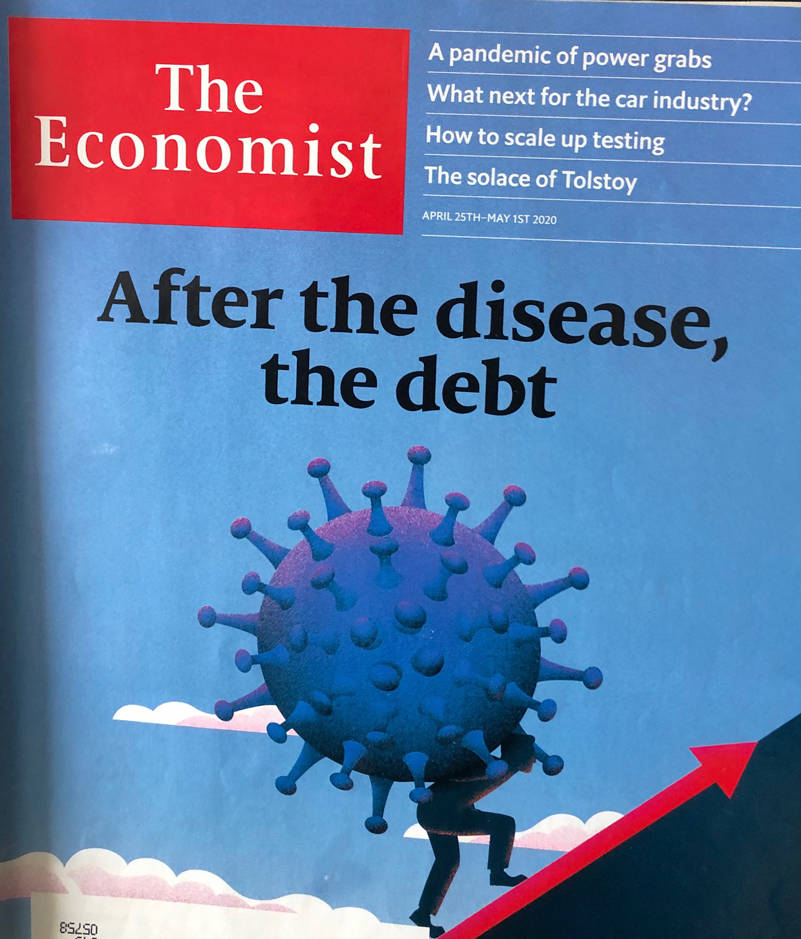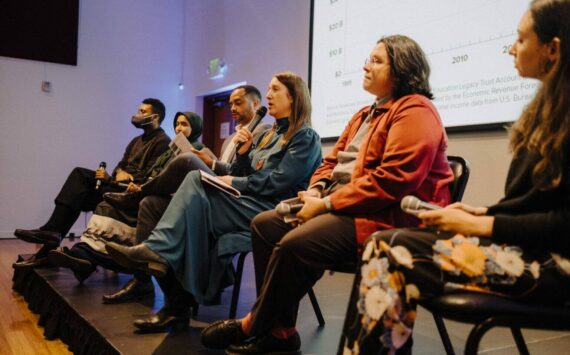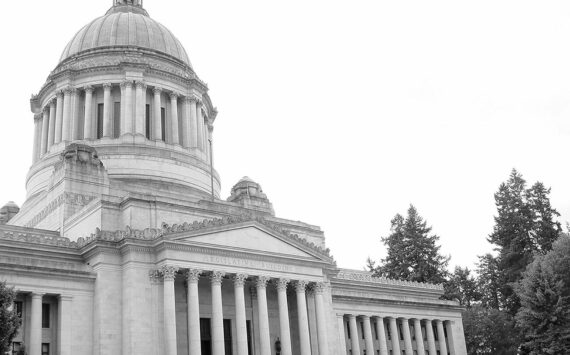By Morf Morford
Tacoma Daily Index
Ever hear of the debt snowball strategy?
The premise is simple – the debt snowball method involves paying off the smallest debts first to get them out of the way before moving on to bigger ones.
The advantage of the debt snowball is that it helps build motivation for debt repayment.
You may not actually pay off your debts any faster, or even save any money in the process, but it does feel like you are – and it can be motivating because you can make visible progress as debts fall off your list.
The central idea is momentum. Just as many of slip, as if pulled by gravity, into debt, we can claw ourselves, month by month, payment by payment out.
It turns out that almost everything in life is like that. From disease, to wealth to weight gain or even friendships, momentum builds (or dissolves).
Nothing, from personal health to one’s financial portfolio is static.
If you want to lose weight, or gain a fortune, it is fairly easy. It just takes time.
With money – or health – or friendships – time is your greatest ally – and worst enemy.
I’m sure you’ve seen some of those tables or graphs that show how many hundreds of thousands of dollars, if not millions, we would have had if we would have saved some minimal amount, say a dollar a day beginning in our teens.
Thanks to accumulating interest, that simple dollar or so a day grows to an unbelievable amount over time.
The problem is that debt does the same thing.
The trick is to get on the right side of the momentum.
For example, I read a long time ago that the average American gains three pounds a year. Over a year that isn’t very much. Over each month, it’s barely worth noting.
It works out to about four ounces a month or slightly less than one ounce a week. Picture a standard envelope you might get in the mail. That’s a bit less than an ounce. You wouldn’t notice it. No one would notice it. But a year or two, or ten, makes a huge difference; a difference that could be life-threatening.
Debt is the same way. A few dollars in the deficit direction, for a business, a nation or an individual makes a huge difference – eventually.
We might not notice it today, or even this year, but debt can, when we aren’t even noticing, become massive – even paralyzing.
The opposite of debt is investing. Education, reading, friendships, being fit and eating well are investments. They may not “pay-off” any time in the foreseeable future, but eventually, when no one is looking, you happen to notice progress.
It all comes down to habit. What have we, deliberately or not, taught ourselves? What has become our “go-to” behavior whether it be eating, saving or spending or anything else?
How about online shopping? In the United States, Amazon has at least seven times the online business of Walmart, Target, eBay or anyone else.
Amazon is really good at what it does. It sells just about every product imaginable — for better or worse, buying is easy and stuff typically arrives reliably and promptly. Prices aren’t always the cheapest, and Amazon’s website feels like it was made by 1990s robots rather than by human beings. And yet Amazon continues to grow; purchase by purchase, delivery by delivery.
But as most of us know, Amazon floundered for years, barely keeping the lights on. Back in the early 1990s, Amazon had little on its side; business savvy, financial assets or even a skilled work force, but it did have momentum.
There was a flood of web-based competitors from search engines and online sellers. EBay seemed unbeatable. So did Netscape (remember them?).
Amazon’s counter-intuitive goal was not profit, but market share. They may have lost (and did lose) money on a per-quarter basis, but they sunk their roots deep into the market that they now dominate.
It’s easy to get rich slowly, it’s also easy to lose it all quickly.
There’s an old saying that if we watch the pennies the dollars will take care of themselves.
From calories to pension funds, each day, each contribution, makes a difference far out of proportion to its visible impact.
Back in the early 1960s the Avis car rental company used the motto “We try harder” to come up against Hertz who held a monopoly on the car rental business.
Fast forward to 2020 and Hertz is in the throes of bankruptcy and Avis owns Budget Rent a Car, Budget Truck Rental and Zipcar.
In five years, or even two, who will remember them?
Who remember Blackberry or Nokia? They were once at the top.
Momentum did its work. And it never stops.





